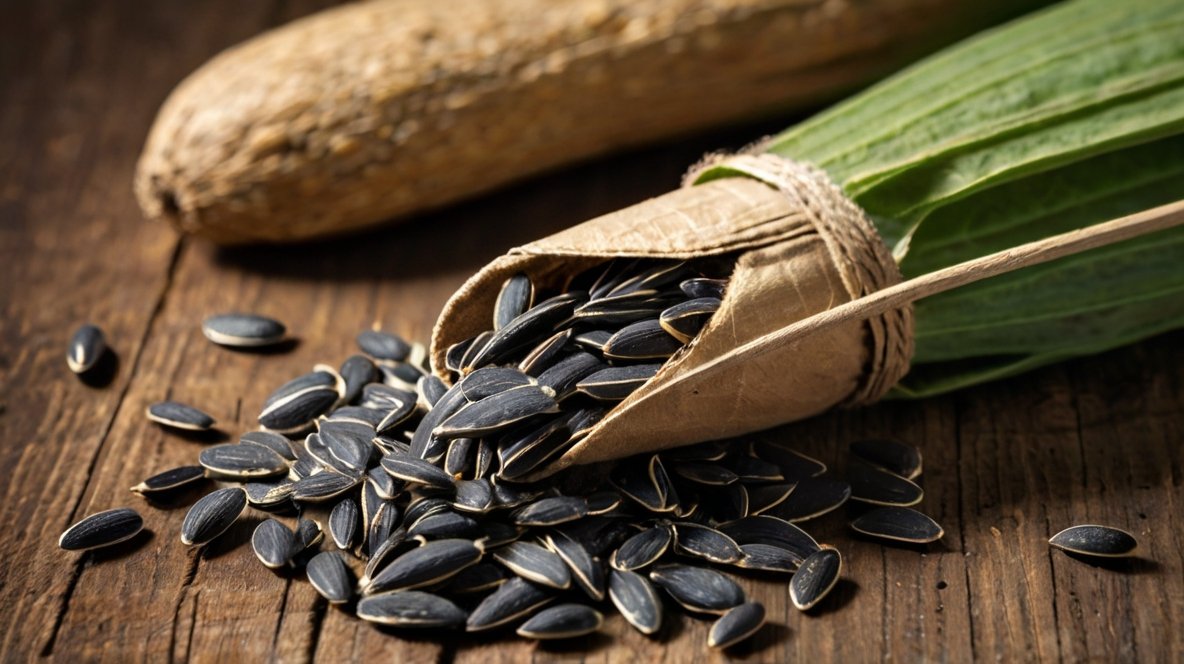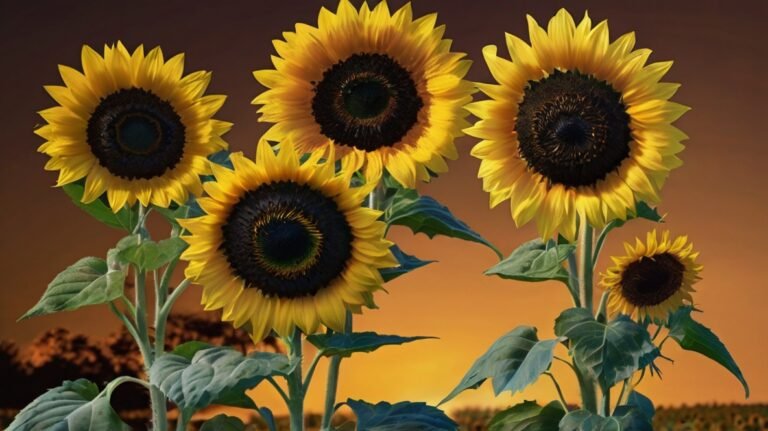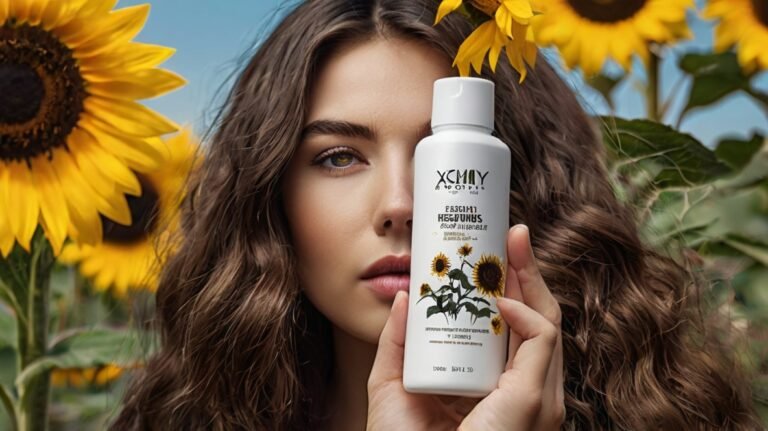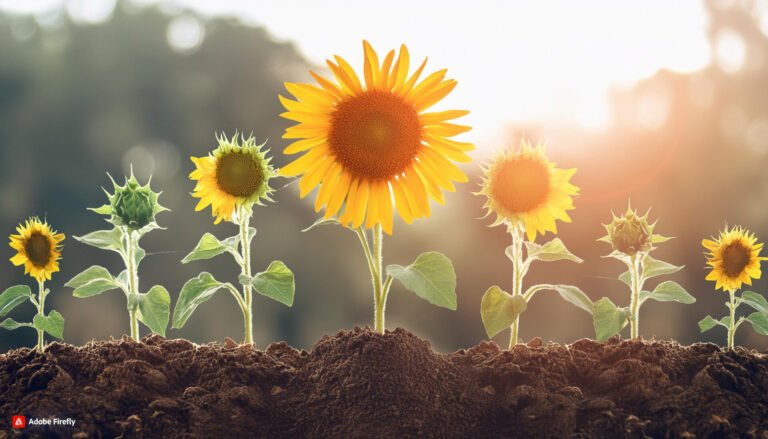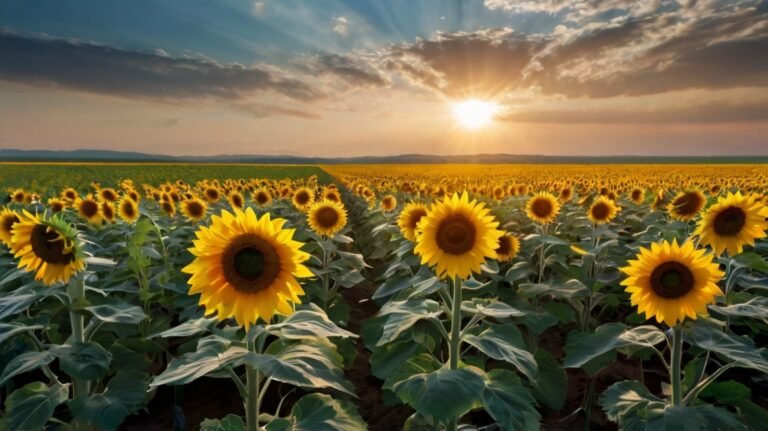At XingYi Trading, we believe that delicious snacks and environmental responsibility can go hand in hand. Our sunflower seeds are not just a treat for your taste buds; they're a testament to our dedication to sustainable agriculture and eco-friendly practices. Let's explore how our sunflower seeds are making a positive impact on the environment.
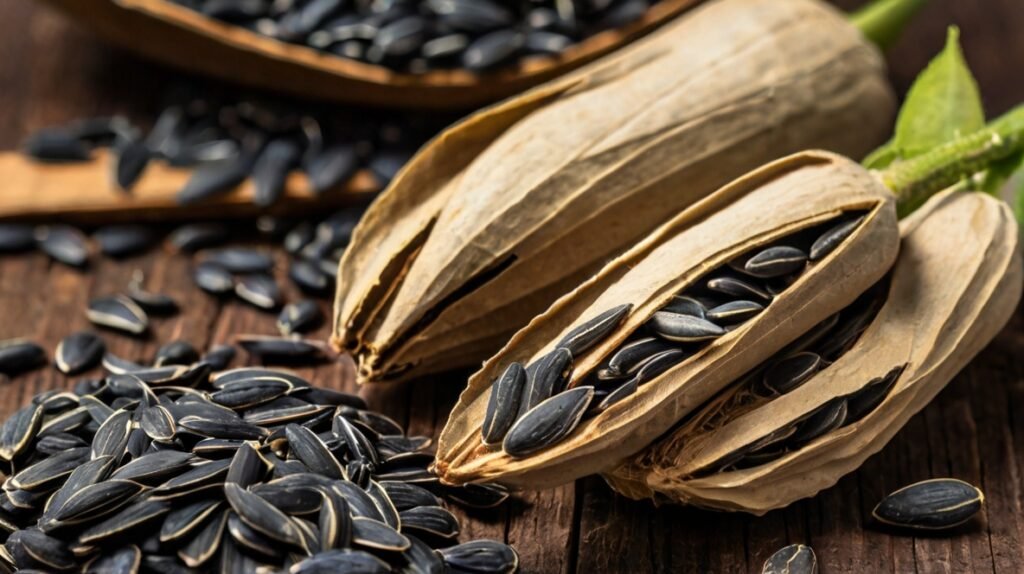
1. Sustainable Farming Practices in Bayannur
Our sunflower seeds are grown in the heart of China's sunflower capital, Bayannur, Inner Mongolia. Here's how we ensure our farming practices are environmentally friendly:
- Water-efficient irrigation systems
- Minimal pesticide use
- Crop rotation to maintain soil health
- Use of natural fertilizers
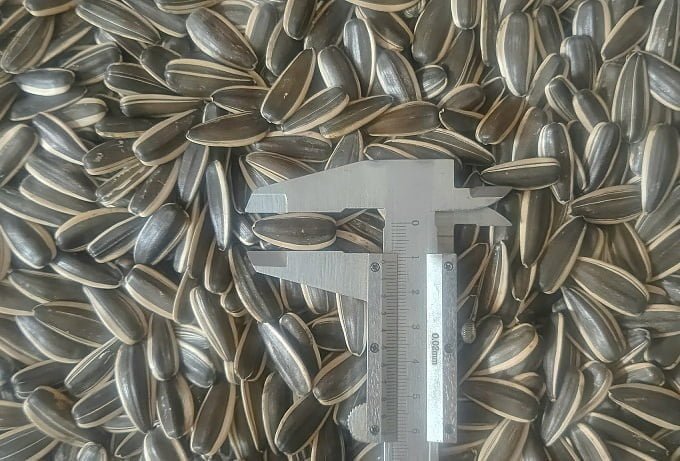
Our Premium 363 Sunflower Seeds are a prime example of how sustainable farming can yield superior products. Learn more about our growing techniques and how they contribute to environmental conservation.
2. Reducing Carbon Footprint in Production
At XingYi Trading, we're constantly working to minimize our carbon footprint during the production process. Here's a breakdown of our efforts:
| Production Stage | Environmental Initiative |
|---|---|
| Harvesting | Solar-powered machinery |
| Processing | Energy-efficient equipment |
| Packaging | Recyclable materials |
| Transportation | Optimized logistics |
Our commitment to sustainability extends from field to packaging. Discover more about our harvesting methods and how they contribute to our eco-friendly approach.
3. Biodiversity Promotion through Sunflower Cultivation
Sunflowers are not just beautiful; they play a crucial role in promoting biodiversity. Our sunflower fields serve as habitats for various species:
- Pollinators like bees and butterflies
- Birds that feed on sunflower seeds
- Beneficial insects that control pests naturally
- Small mammals that find shelter in sunflower fields
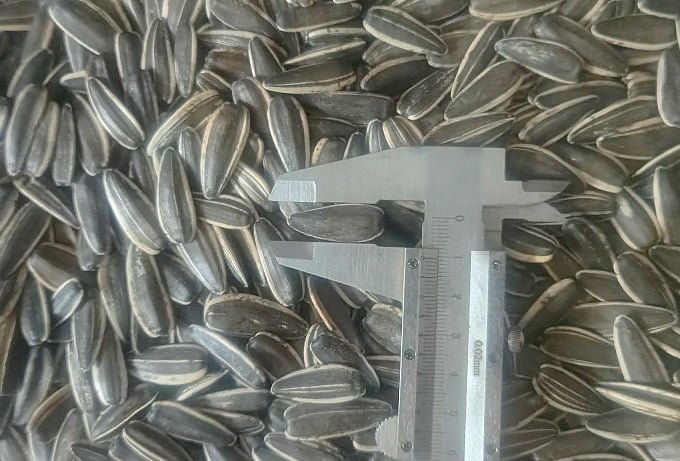
Our Premium Tongqing No. 6 Sunflower Seeds are grown in fields that support this rich ecosystem. Explore our sunflower seed varieties to learn more about how different types contribute to biodiversity.
4. Water Conservation in Sunflower Cultivation
Water is a precious resource, and at XingYi Trading, we take its conservation seriously. Our water-saving initiatives include:
- Drip irrigation systems
- Rainwater harvesting
- Drought-resistant sunflower varieties
- Soil moisture monitoring technology
These practices not only conserve water but also result in healthier, more flavorful sunflower seeds. Learn about the nutritional benefits of our water-conscious cultivation methods.
5. Eco-Friendly Packaging Solutions
We're committed to reducing plastic waste through innovative packaging solutions:
Our Eco-Packaging Initiatives:
- Biodegradable seed bags
- Bulk packaging options to reduce overall material use
- Recycled and recyclable cardboard boxes for shipping
- Soy-based inks for printing labels
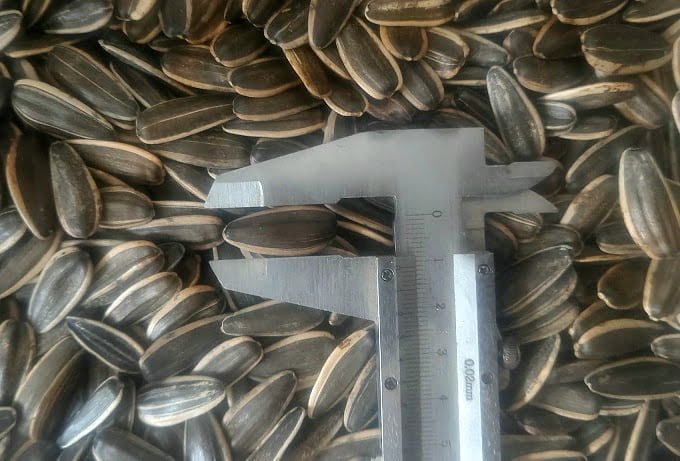
Our Premium 361 Sunflower Seeds come in eco-friendly packaging that doesn't compromise on freshness. Check out our storage tips to maintain seed quality while minimizing environmental impact.
6. Sunflower Oil: A Sustainable Alternative
Our sunflower seeds aren't just for snacking. The oil extracted from them offers a sustainable alternative to other cooking oils:
- Lower carbon footprint compared to palm oil
- Requires less water than olive oil production
- Versatile use in cooking and cosmetics
- Biodiesel potential for renewable energy
Explore the benefits and uses of our sunflower seed oil for a greener kitchen and lifestyle.
7. Community Engagement and Environmental Education
At XingYi Trading, we believe in spreading awareness about sustainable agriculture. Our initiatives include:
- Farmer training programs on eco-friendly practices
- School tours of our sustainable sunflower fields
- Partnerships with local environmental organizations
- Annual "Green Seed" sustainability report
We're not just selling seeds; we're cultivating a community of environmentally conscious consumers. Learn more about our company's values on our About Us page.
8. The Future of Sustainable Snacking with XingYi Trading
As we look to the future, XingYi Trading is committed to continually improving our environmental impact. Our goals include:
| Year | Environmental Goal |
|---|---|
| 2025 | 100% renewable energy in processing facilities |
| 2027 | Zero-waste packaging for all products |
| 2030 | Carbon-neutral sunflower seed production |
We invite you to be part of this sustainable journey. Whether you're enjoying our seeds as a healthy snack or using them in cooking, you're contributing to a more sustainable food system.
At XingYi Trading, we believe that every sunflower seed tells a story of sustainability. From the fertile fields of Bayannur to your snack bowl, our seeds represent a commitment to environmental stewardship without compromising on flavor or quality.
Whether you're a health-conscious consumer, an eco-warrior, or simply someone who appreciates a good snack, our sunflower seeds offer a taste of nature's bounty cultivated with care for the planet. From our Premium 363 to our Tongqing No. 6 varieties, each seed is a testament to sustainable agriculture and responsible business practices.
Ready to snack sustainably? Explore our range of environmentally friendly sunflower seeds and join us in our mission to make the world a little greener, one seed at a time. From roasting to baking, from snacking to cooking, XingYi seeds are your passport to guilt-free indulgence.
Visit our contact page to learn more about our sustainable practices or to place an order. Let's cultivate a healthier planet together, with every crunchy, delicious bite of XingYi sunflower seeds!

